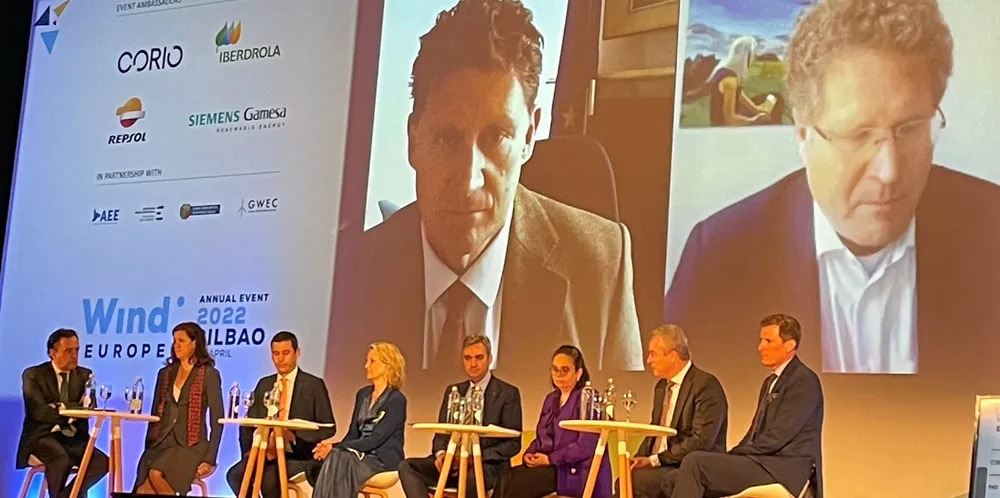'Pan-European emergency process needed to help EU's struggling wind-power supply chain'
Irish environment minister Eamon Ryan and others tell WindEurope 2022 opening session that the current system is not working for European players

Irish environment minister Eamon Ryan and others tell WindEurope 2022 opening session that the current system is not working for European players
